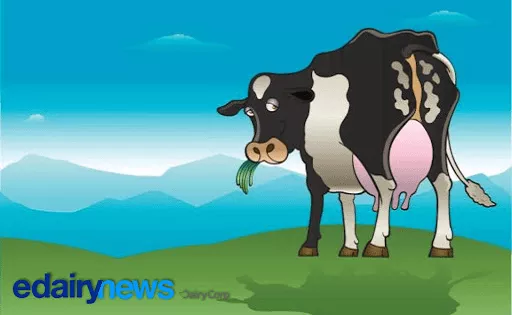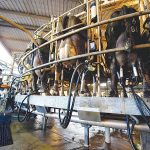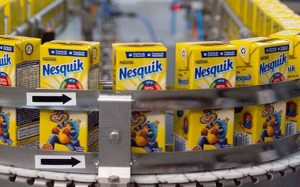
In 2020, Nestlé began the A2 fresh milk supply project, providing its consumers with a value-added product. Likewise, in 2021 it launched the first organic milk powder in Argentina on the market.
At the end of March of this year, eDairyNews reported, amid rumors that they would withdraw from the organic milk market in Argentina, that Nestlé would maintain its organic production, but would no longer expand it .
Nestlé leads the innovation agenda, and organic products have been a global trend with annual growth in volume of more than 50%. This trend began to reverse and at the local level the organic segment did not meet expectations. Nestlé no longer added more farms to this project.
Yesterday morning, sources close to the organic producers who supply Nestlé confirmed to us that, in a meeting with a manager of the food giant, they were offered to lower the price, and renegotiate contracts, in exchange for not closing as with A2.
Nestlé would be having problems selling Organic milk and needs to lower the bonus on the Siglea price to 50%; This reduction is difficult for organic dairy farmers to accept because it makes their production unviable.
Nestlé could be thinking about discontinuing the Organic Project as well
Meanwhile, and in search of a solution to what is coming, the group of organic dairy farmers contacted other plants such as La Serenísima, Saputo and Adecoagro, offering them to absorb the entire package of producers that today supplies Nestlé, and that no longer could be sustained with the modifications to the contracts, as proposed.
There is tension among organic dairy farmers, who remember that back in 1997/98, Nestlé suspended without notice the collection of milk destined for the Nogoyá plant, today La Sibila, in Entre Ríos. This Ecological Project came to rebuild the image of the company among them.
We consulted Nestlé so that they could also tell us what was happening, and they issued us this statement:
“At the beginning of 2020, the company began the A2 fresh milk supply project, in order to provide consumers with a value-added product.
Global changes in people’s consumption, the incidence of the pandemic, added to the current conditions of our country converged to generate a context in which the demand for these products did not reach initial expectations.
Unfortunately, to face this, and despite all the efforts put into finding solutions and alternatives to continue producing, we had the need to adapt our portfolio. That is why we have decided to stop supplying A2 milk, starting in April 2024. All producers were informed in advance.”
We did not obtain specific information on the fate of organic production, but the reasons could be identical.
Valeria Hamann























